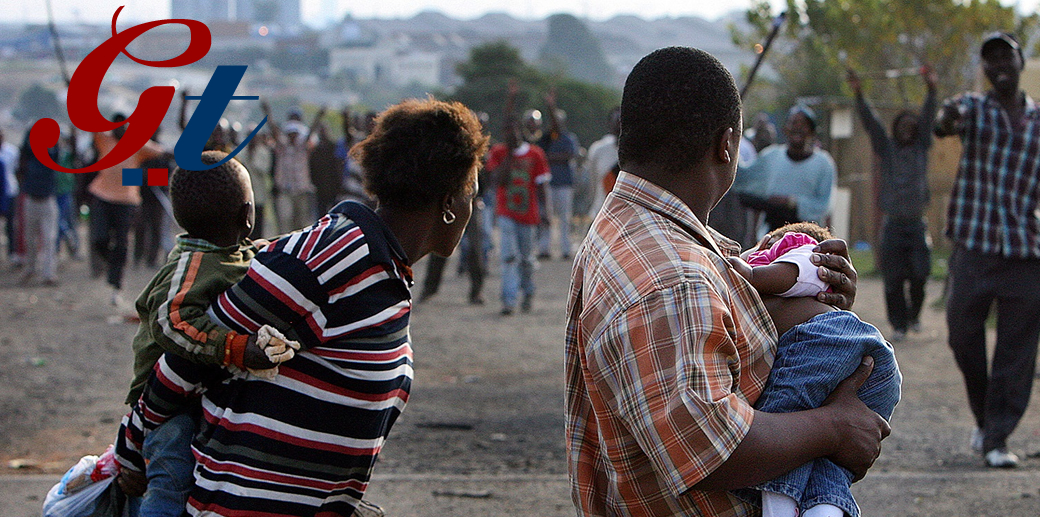By Edafe Mukoro
This article must begin with a deliberate look at the word “xenophobia”. This is very vital so that certain pre-conceived ideas should be properly abused or disabused in the mind of the reader. According to the Oxford Advanced Dictionary (7th edition), the word “xenophobia” suggests “a strong feeling of dislike or fear of people from other countries”. Now the question that should come to a rational mind is: “are the blacks in South Africa the only people from other countries?” This question will come in very handy as this discourse progresses.
The recent xenophobic attacks and killings sweeping through South Africa raise some vital questions about the response of Nigeria and Africans in general. It is no longer news that the source of the “xenophobic” actions is traceable to the revered monarch of Zulu kingdom, King Zwelithini, whose unguided comments about the unemployment situation of his subjects is heaped on the “black” immigrants in South Africa (the unemployment rate is over 23%); comments which ignited the destructive and fatal actions of his subjects. Although, he has since released a statement claiming he was quoted out of context (as influential people usually do when dire consequences arise from their comments).
Meanwhile, on Monday, 20th of April, 2015, the embattled monarch whose reputation is under international scrutiny organized a conference at the National Stadium in Durban, South Africa, in order to call his subjects to order and set the records straight. The striking reality is that while the king was addressing his subjects, television cameras showed vividly that some of his subjects in the stands were chanting: “No! No! No!…Malawians go! Zimbabweans go! Mozambicans go!….”.
Now the question that faces the average black African is: “Am I safe in South Africa?” Notwithstanding the belated comments from both the South African President Jacob Zuma and his Zulu king, Zwelithini, the truth must be said, the answer to the above question however rhetorical it is, appears negative. This being that as far as the word “xenophobia” is concerned and its use in this case, it is clearly “an attack on black Africans”.
It is worthy of note that some five or six years ago in same South Africa, Nigerians were the targets of these heartless people we call “brothers”. In that instance, Nigerians were slaughtered in broad daylight in the presence of on-looking security personnel. Now it seems they have changed strategies with citizens of other Southern African countries now being their major targets.
The shocking aspect of this situation is that the victims of this dastardly acts are persons whose countries in league with Nigeria had solidly stood behind the black South Africans during the pathetic period of the Apartheid regime (a scar that would forever remain in the conscience of humanity).They would not have been talking about an independent black South Africa without the sacrifices of the ancestors of some of the victims of these “xenophobic attacks”.
Is twenty five (25) years so long a time to erase memories from the brains of these South Africans? Some persons have argued that the perpetrators of these acts are below twenty five years. An apt question to such persons is: “did not their parents narrate the stories to them?” If they did not, then it is clearly deliberate and evil, but if they did, which l believe, then Nigeria and indeed Africans in general will need to re-evaluate their stakes and look at the lessons behind these actions.
The import of the word “xenophobia” and the lessons gained in order to prevent future occurrence will form the core of the second part of this topic. Watch this space.
Edafe Mukoro tweets as @RealEdafeMukoro on twitter.
